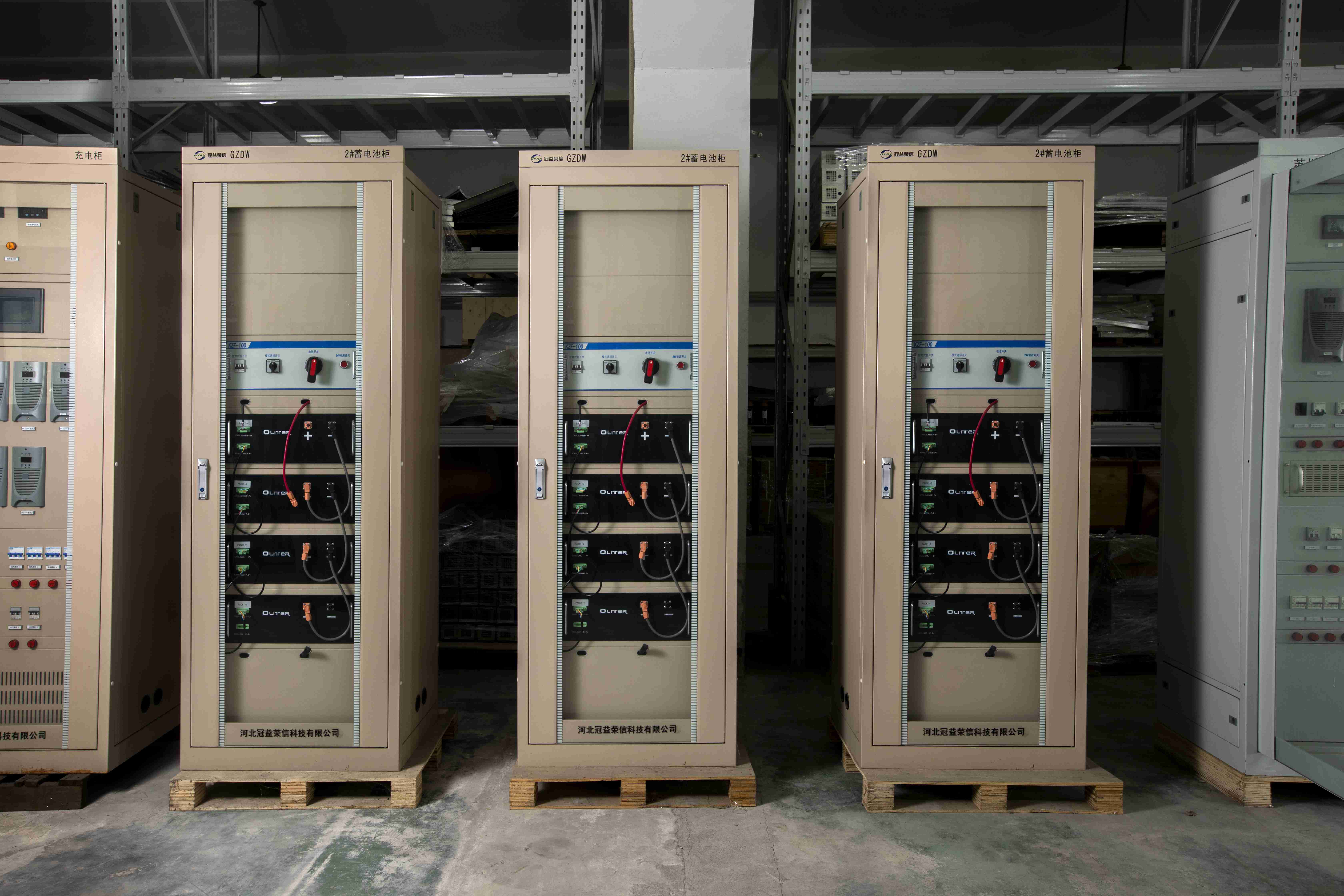
dec . 15, 2024 14:09 Back to list
Understanding the Economic Impacts of Energy Storage Solutions in Modern Manufacturing
The Economics of Energy Storage A Pathway to Sustainable Power
As the world advances towards a more sustainable energy future, energy storage has emerged as a pivotal component in the transition from fossil fuels to renewable energy sources. The need for efficient energy storage solutions is driven by the intermittent nature of renewable resources such as solar and wind power. This article explores the economics of energy storage, highlighting its costs, benefits, and the implications for both consumers and producers in the energy market.
The Importance of Energy Storage
Energy storage systems (ESS) play a critical role in enhancing the reliability and efficiency of energy systems. They allow for the capture of excess energy generated during peak production times, which can then be supplied during periods of high demand or low generation. This balance not only stabilizes the grid but also aids in integrating a higher percentage of renewables into the energy mix.
Cost Factors in Energy Storage Systems
The economics of energy storage is primarily influenced by several key cost factors, including capital expenditures (CapEx), operational expenditures (OpEx), and the levelized cost of storage (LCOS). CapEx includes the initial investments required for infrastructure development, such as the purchasing of batteries, installation, and system integration. OpEx encompasses the ongoing costs associated with operation, maintenance, and monitoring.
The type of energy storage technology also significantly affects costs. Currently, lithium-ion batteries dominate the market due to their relatively low costs, high energy density, and improving efficiencies. However, other technologies, such as pumped hydro storage and compressed air energy storage, also play vital roles but come with different cost profiles and scalability challenges.
As technology advances and production scales up, the costs of energy storage systems are expected to decline further
. According to recent projections, the cost of lithium-ion batteries has fallen by over 80% since 2010, making energy storage solutions more accessible and economically viable for a broader range of applications.economics of energy storage factory

Economic Benefits of Energy Storage
The economic benefits of energy storage extend beyond mere cost savings for utilities and energy producers. For consumers, energy storage can provide substantial savings on electricity bills. By using stored energy during peak pricing periods or when energy prices spike, consumers can avoid high charges from their utility providers. Additionally, with the growing availability of residential energy storage systems (like Tesla’s Powerwall), homeowners can harness solar energy during the day for use at night, further enhancing their energy independence and reducing reliance on the grid.
Energy storage also contributes to job creation and economic growth. As the sector expands, new opportunities in manufacturing, installation, and maintenance arise, fostering local economies and providing skilled job opportunities.
Challenges and Considerations
Despite the promising future of energy storage, there are still significant challenges to overcome. The initial investment costs remain a barrier for some consumers and smaller businesses. Furthermore, regulatory frameworks in different regions can either facilitate or hamper the growth of energy storage solutions. Policymakers play a crucial role in creating incentives and supportive regulations that encourage investment in energy storage technologies.
In addition, issues related to the environmental impact of certain storage technologies, particularly lithium mining and disposal of worn-out batteries, must be addressed to ensure a truly sustainable energy future. Research into recycling processes and the development of alternative storage technologies is ongoing to mitigate these concerns.
Conclusion
The economics of energy storage presents a rich tapestry of opportunities and challenges. As technology continues to evolve and costs decline, energy storage systems will play an increasingly vital role in our energy landscape. By facilitating the integration of renewable energy, empowering consumers, and creating economic opportunities, energy storage is not just an ancillary component of the energy transition; it is an essential pillar supporting a sustainable, reliable, and economically viable energy future.
-
Long Duration Energy Storage Solutions Scalable & Sustainable Tech
NewsJun.01,2025
-
Energy Storage Tax Credits Expert Solutions & Exporters
NewsJun.01,2025
-
ESS Energy Storage Systems Reliable Products & Global Exporters
NewsMay.31,2025
-
Outdoor Christmas Light Power Supply Weatherproof & Durable Solutions
NewsMay.31,2025
-
BougeRV 716Wh Solar-Ready Portable Power Station High-Capacity Backup
NewsMay.31,2025
-
China's Top Portable Power Station 1000W, Lightweight & Durable
NewsMay.31,2025























